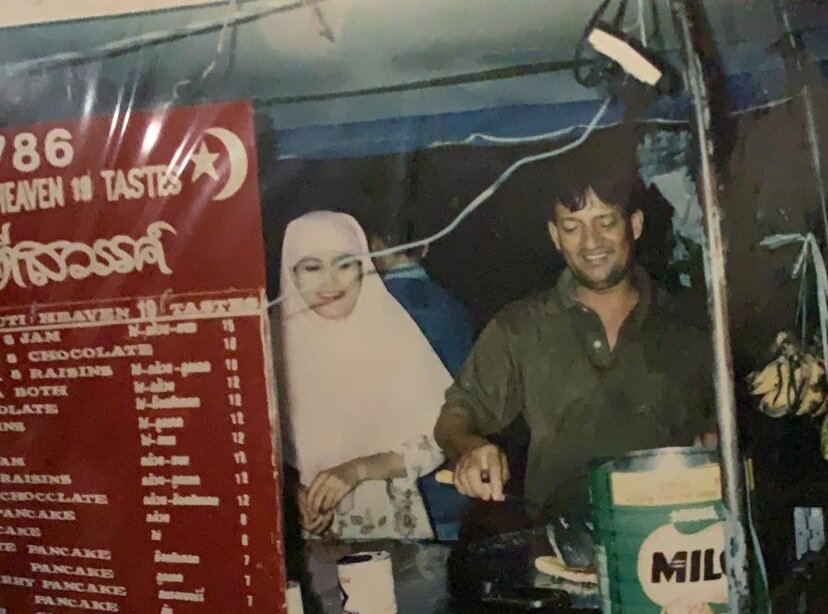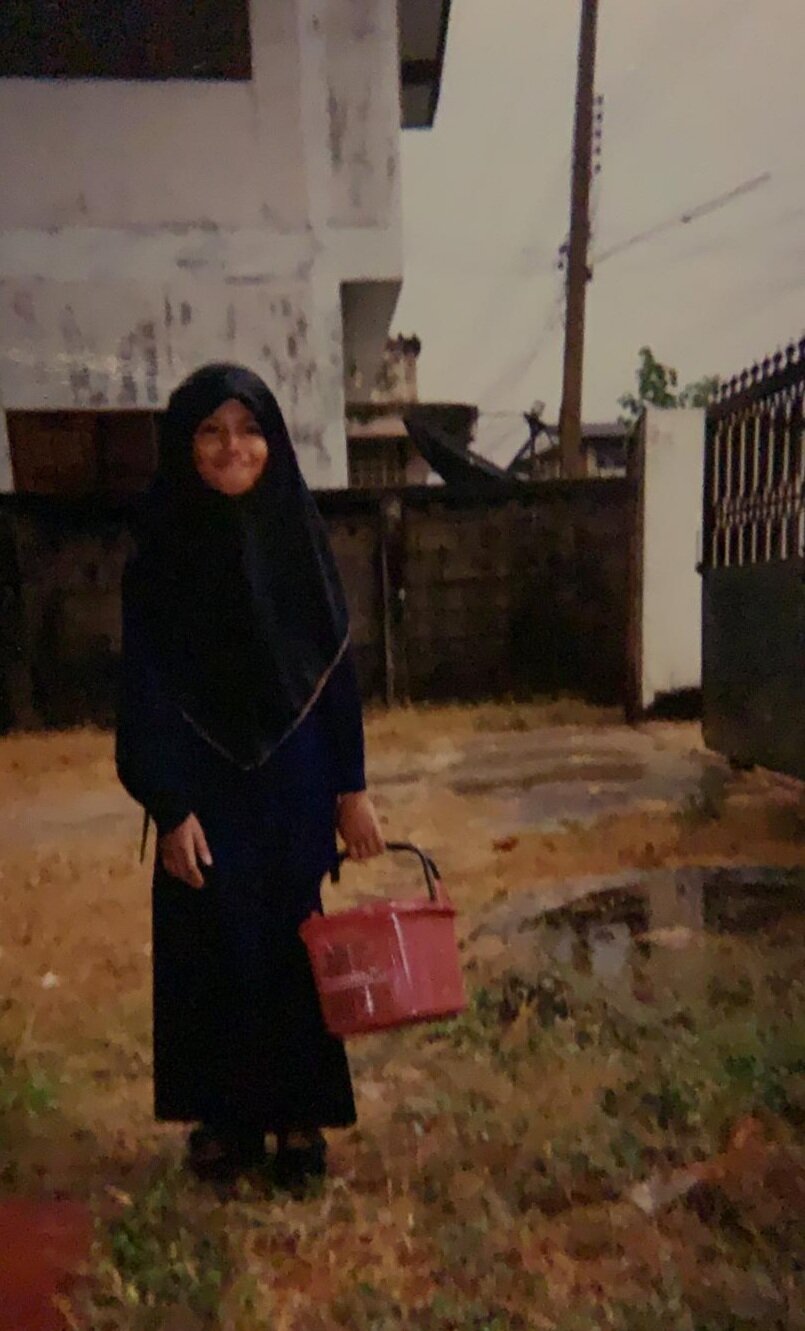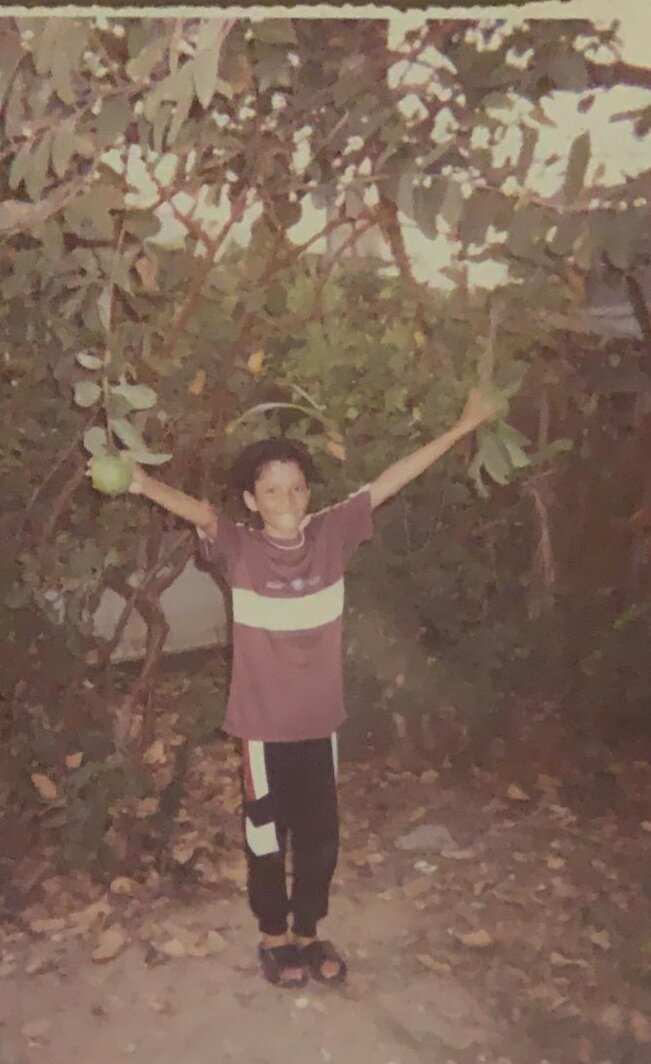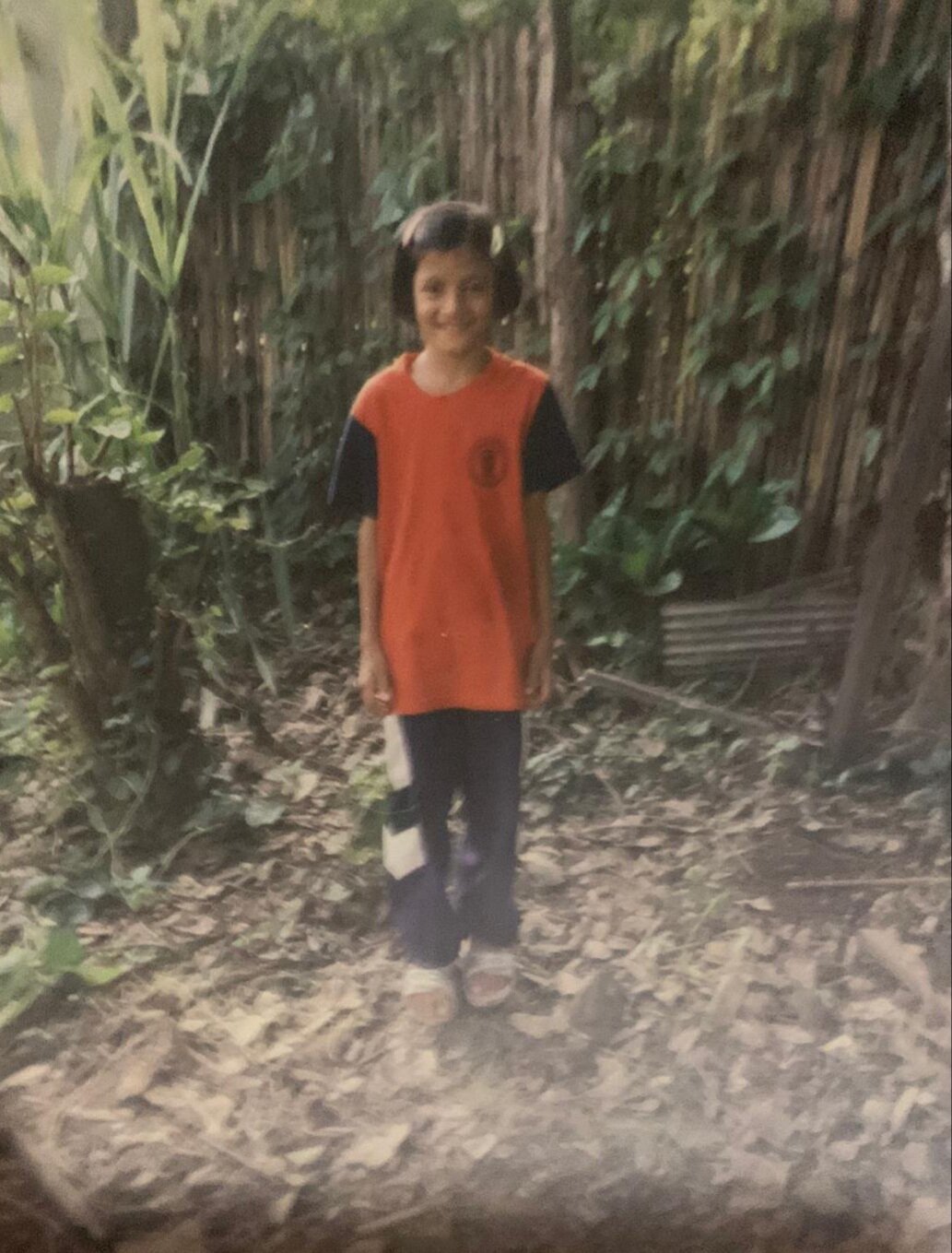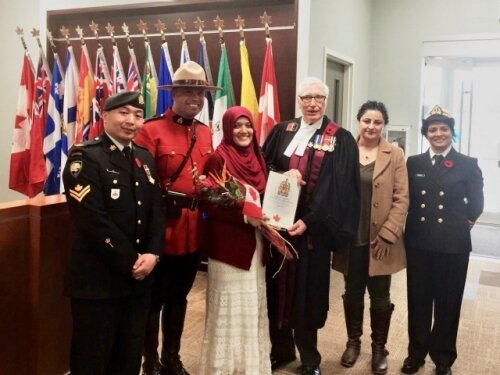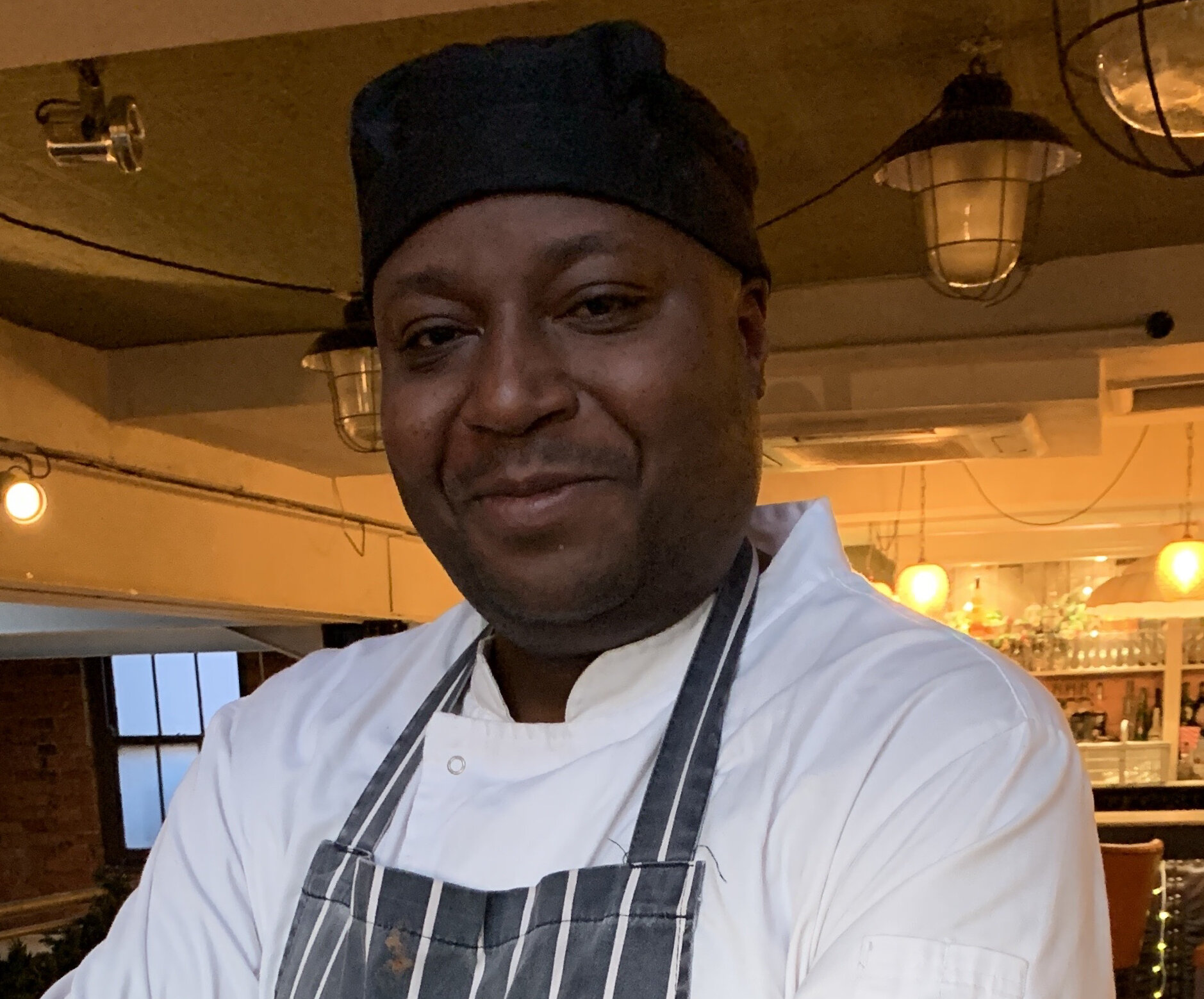Being stateless
Thailand 🇹🇭 “My dad met two Canadians, a couple of missionaries. They offered to help and they were really looking forward to pushing for us to be able to resettle in Canada, or any other country really. We did everything that the official procedures asked of us, and basically what happened was the Thai government would not issue the exit permit. For refugees, for people like us, for people who are “stateless” or made stateless by the authorities in our countries, we do not have passports and so we really needed any kind of authority, like one authority, to be able to say: “Hey we allow them to board this plane and they have the proper paperwork to board this plane and get to another country."
I decided I’m going to walk in to a cell, be locked up for who knows how many days and I’m going to just see if I luck it out, whether or not I’m going to be fortunate enough to walk out of that door and get to another country, that hopefully will accept me for who I am. It was a very difficult decision but my parents were like we’re not involved, we’re going to let you decide. I was like: “Why, why aren’t you deciding for me?” For once!” So I decided I was going to join them because I wanted to know how my family are doing, right? It was just my dad and my brother that went into the detention center with me because my mum had already fled to Norway with other circumstances, police were after her, she went there a number of years before us, but her paperwork didn’t process very well so she was still waiting for asylum status but we had an opportunity to go to Canada, so this was it.”
“My Canadian citizenship ceremony”
Canada 🇨🇦 “I know that Canada also has its own issues. We don't have the best history around colonisation and massacre of indigenous people. But what I see, and I think that it has to do with me being in Vancouver as well, is when I go outside I see so many different colours, so many different nationalities, ethnicities and people from various different parts of the world are here. And we’re able to coexist. I learned at a young age that whether it be in Burma or in Thailand, that no two races can be together without a war. That was the history lesson in Thai school that I grew up learning and it's so unfair and it's, it's a lie, basically. All of what I learned as a kid was a lie: That no two races, no two countries, no two nationalities can be together without a war. Unless you are a white man or a white woman who goes to these countries to enjoy themselves then they are going to viewed as saints and saviours.
Because people in Thailand cater the service to the white man, but it's not true here. As bad as white supremacy is in the place that I live in, we have an alternative, we can live together, we can coexist, it's not like a war is going to break out of us living together and that’s you know, I think that's really beautiful. It triggers me to think that maybe racism is not the only way out, maybe subjugating another race entirely, another group of people entirely, is really not a way out, not a solution to our problems. When we need to, when we want to really solve a problem we need to go deeper into what it is, what the government is doing or what institutions are doing in order to pitch us against each other, in order for them to gain all the power. So that was very eye-opening. It's just another step of unlearning the toxic lessons that I got in Thailand and in Burma.”

